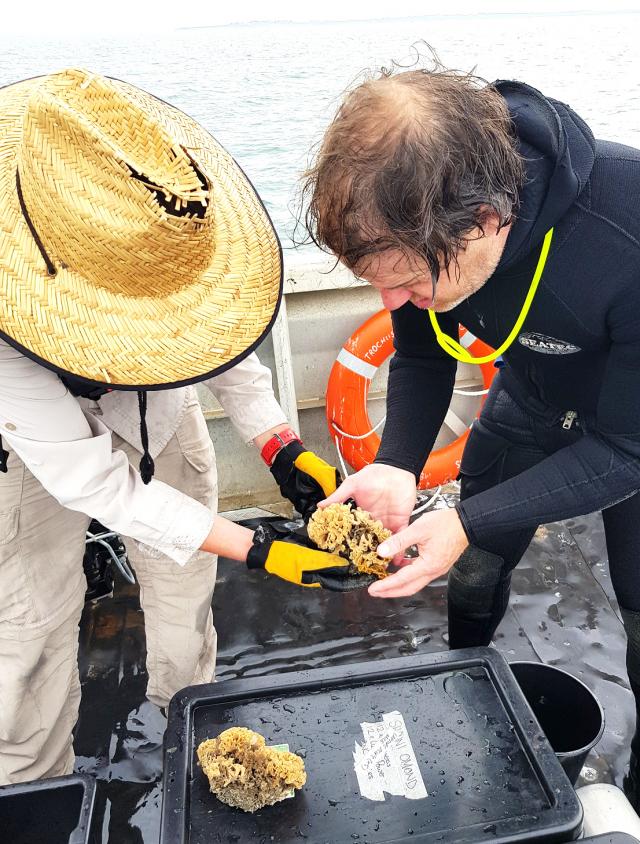
The community response to the Western Port Biosphere Reserve Foundation’s recent ‘$50,000 in 50 days’ fundraising campaign is helping to get terrestrial and marine environmental projects under way in Western Port Bay.
The campaign has provided funding for the construction of a greenhouse to be used by French Island Landcare as part of the establishment of its Nursery and Community Garden, and financial support for a collaborative research project into protection of Western Port’s unique bryozoan reefs.
The foundation’s chief executive Mel Barker said supporting these important projects in the heart of the reserve would have been difficult without the money donated by the community.
“These are projects with significant environmental merit that our campaign enabled us to we support. We have been very pleased to be able to notify our donors so quickly about how their money is being put to good use in promoting biodiversity and developing strategies to protect our most valuable natural assets,” Ms Barker said.
A greenhouse for French Island will be a polytunnel which will be used by the French Island Landcare Group to grow indigenous tube stock, bush foods, vegetable seedlings, ferns and local orchids.
This will support French Island Landcare’s revegetation and shelterbelt projects and will also make a substantial contribution to Landcare’s community and educational activities in and around the Nursery and Community Garden.
The Western Port bryozoan reef project will enable local scientists to expand their research into Western Port’s bryozoan reefs.
In a wondrous underwater environment that is out of sight of all but the most experienced divers, the bryozoa that comprise these reefs are non-photosynthetic filter feeders commonly referred to as ‘lace corals’.
The Western Port bryozoans are shallow, large and form contiguous reefs providing important habitat for a multitude of marine species including fish, molluscs, crustaceans and worms.
They also provide shelter for some species from the strong currents that are typical of this marine waterway.
Historically, the marine species they have nurtured and protected have been damaged by dredging and other human activities.
The research project, spearheaded by La Trobe University and marine consulting and research firm Fathom Pacific will quantify the extent of these fragile reefs, the processes that threaten them and make them vulnerable and will shed light on their growth rate.






